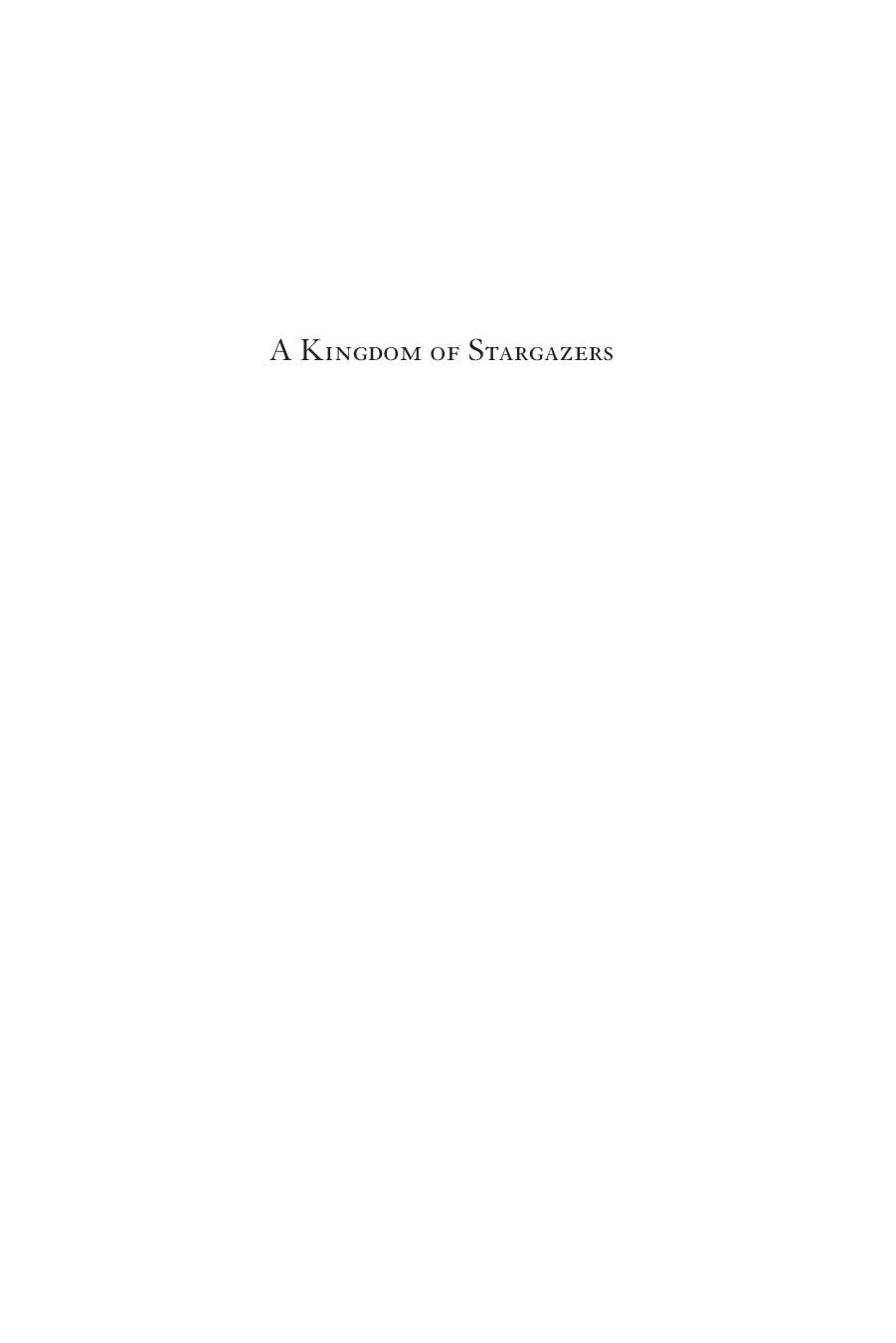A Kingdom of Stargazers: Astrology and Authority in the Late Medieval Crown of Aragon by Michael A. Ryan

Author:Michael A. Ryan [Ryan, Michael A.]
Language: eng
Format: epub, pdf
Tags: History, Europe, Medieval, Body; Mind & Spirit, Astrology, General, Religion, Christianity
ISBN: 9780801463167
Google: NBdd1UhMMw4C
Publisher: Cornell
Published: 2012-03-27T13:58:05+00:00
Part II
A KINGDOM OF STARGAZERS
4
KINGS AND THEIR HEAVENS
The Ceremonious and the Negligent
In the first half of this book, I investigated the place occupied by astrology and divination within late medieval culture. These disciplines touched upon a number of aspects of medieval life and connected with notions of power and authority, the nature of revelation and intelligence, and the juncture between scientific inquiry and magical practice. In the second half of this book, I discuss the extent to which the interest in prophecy and the occult intersected with the construction of kingship, specifically in the Crown of Aragon. The two fourteenth-century kings I focus on for this chapter are Pere el Ceremoniós, the Ceremonious (r. 1336â1387), and Joan el Caçador, the Hunter (r. 1387â1396). The starkly divergent characters and regnal styles of these two late medieval count-kings, and their approaches to astrology and the occult, highlight the liminal and shifting status of these disciplines, as well as their intersection with notions about these kingsâ construction of regnal strength. Both Pere and Joan were interested in astrology, divination, and magic. Yet because Pere was a strong king, whereas Joan was weak, Pere was able to indulge in sidereal and occult proclivities with relative impunity, but Joan was subject to intense scrutiny and criticism for engaging with the same pastimes.
As Pere was a patron of culture and the arts within the royal court, he was also a powerful sovereign who manifested his strength through traditional means, especially the waging of war. Joan, on the other hand, had a different approach to ruling his kingdom. He was an avid sportsman, and the hunt was his favorite pastime, even at the expense of the quotidian administration of his realms. In addition to hunting and the occult, Joan enjoyed trendy fashion, troubadour music, and Provençal literature. Joanâs intellectual interests also earned him the lesser-known, and much less flattering, sobriquet of el Descurat, âthe Negligent.â
Even though both Pere and Joan frequently directed their gaze heavenward to better ascertain the future of their domains, in terms of the practical duty of ruling their kingdoms, the two monarchs had very different approaches.1 These were the premier distinctions that separated the kings and explained why they received different degrees of criticism over their problematic interests. The first, and major, difference was the lengths of their respective reigns. In the history of the kings of the Crown of Aragon, Pere had the second longest reign, which spanned fifty-one years, from 1336 until 1387. Because of his long tenure as king, Pere had many opportunities to enforce his monarchical powers over purportedly rebellious regional lords, to increase the physical territory of the realms that he governed, and to function as a champion of his rights as sovereign of the Crown of Aragon. Compare that with the brief reign of Joan, which lasted only nine years, from 1387 until 1396, cut short because of a tragic hunting accident. Joan had less time to engage in such practices that his father put into motion, but he also appeared to be less able than his father in enforcing those rights.
Download
A Kingdom of Stargazers: Astrology and Authority in the Late Medieval Crown of Aragon by Michael A. Ryan.pdf
This site does not store any files on its server. We only index and link to content provided by other sites. Please contact the content providers to delete copyright contents if any and email us, we'll remove relevant links or contents immediately.
The Compleat Magical Path Magic Lessons by John Cross(434)
The Return of the Dragon : The Shocking Way Drugs and Religion Shape People and Societies by Lewis Ungit(402)
THEM: They Come at Night by Tom Lyons(400)
The Bonds That Bind by K. J. Lavallee(396)
Dogme et Rituel de la Haute Magie Part I by Eliphas Levi(394)
Shaman: The Mysterious Life and Impeccable Death of Carlos Castaneda by Mike Sager(385)
Strange Tricks by Syd Moore(380)
The Mind at Large: Clairvoyance, Psychics, Police and Life after Death: A Polish Perspective by Weaver Zofia & Janoszka Krzysztof(380)
The Iron Republic by Richard Jameson Morgan(375)
Haunted Ships: True Paranormal Ghost Ship Stories by Press Chronicle(367)
101 Ways to Jump-Start Your Intuition by John Holland(362)
Psychic Secrets by Jade-Sky(360)
Kabbalah and Sex Magic by Marla Segol(357)
Cult Cinema: A Personal Exploration of Sects, Brainwashing and Bad Religion in Film and Television by Ingham Howard(349)
Evil Unleashed: True Tales of Spells Gone to Hell and Other Occult Disasters by John Harker(343)
Kickstart My Witch (Witch's Guide to Haunted Properties: Los Angeles: Mystery Book 1) by Lotta Smith(342)
The Blood Electric: Nephilim Unbound 5 by Jason Caldwell(335)
The Satanism Scare by Joel Best(328)
The Airmen Who Would Not Die by Fuller John G(323)
